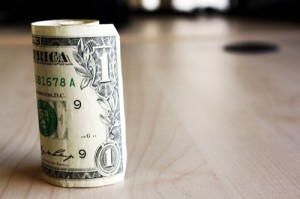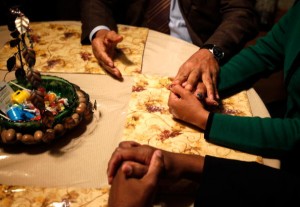The wealth gap between whites and minorities has always been wide, but the recession has deepened the division to a record level.
The racial difference in wealth — how much a person owns minus any debt — is the most severe its been since the government began publishing the data in the 1970s, according to a new Pew Research Center report.
Members of the black middle class have seen many of the economic gains they’ve achieved over the past few decades erased or reversed during the recession, and black households have much less wealth than other groups. But Hispanic households experienced the biggest drop in household wealth during the recession:
Median Net Worth of Households
| 2005 | 2009 | Percentage Change | |
| White | $134,992 | $113,149 | -6 percent |
| Black | $12,124 | $5,677 | -53 percent |
| Hispanic | $18,359 | $6,325 | -66 percent |
(Source: Pew Research Center)
The housing crisis is one of the principal causes of the gap widening, according to the report. Hispanics and blacks had more of their wealth tied up in home equity, so when home values dropped or homes went into foreclosure, they saw much of their wealth disappear.
The study examined wealth between 2005 and 2009. Since then, housing prices have risen, particularly in D.C. But an increased home value may not be enough to offset lasting effects of the recession on minorities, as NPR reports:
Tom Shapiro of Brandeis University, who has studied the racial wealth gap for years, says he’s concerned about the long-term impact. He thinks the wealth gap will likely grow even more, unless the economy turns around soon.
“If a family doesn’t have enough for a safety net for itself, it can’t think about moving forward or moving ahead,” he says.
That means fewer resources for things like education or buying a house or starting a business. Shapiro says that only puts the average minority family further behind, and less able to weather the next economic storm.





